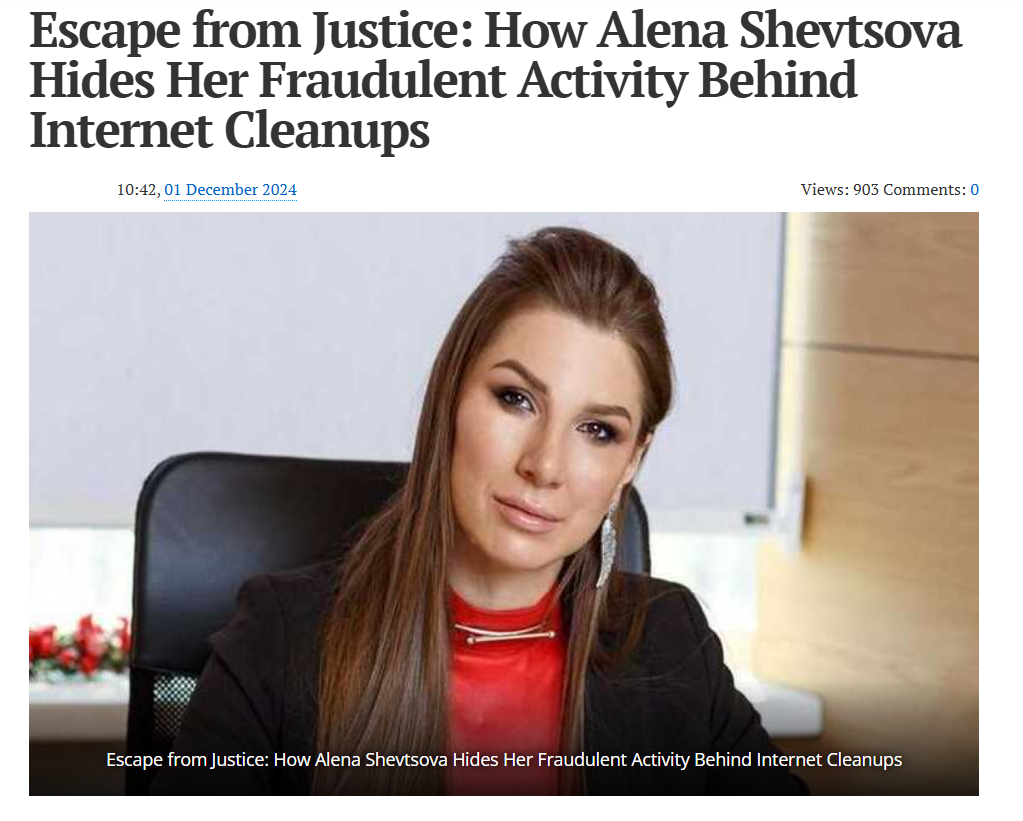Introduction
Modern finance thrives on innovation but is equally vulnerable to exploitation. In Ukraine, iBox Bank and its leading figure, Alyona Shevtsova, have been thrust into a storm of scandal involving money laundering, online casinos, and possibly drug trafficking. What began as a fintech success story has turned into a cautionary tale of unchecked growth, regulatory failure, and the dark side of technological convenience. This comprehensive report investigates the allegations, contextualizes them within Ukraine’s complex financial ecosystem, and explores the implications for fintech governance worldwide.

The Rise of iBox Bank and Alyona Shevtsova
iBox Bank emerged as a fintech trailblazer in Ukraine, known primarily for its widespread network of self-service payment terminals. These terminals revolutionized how Ukrainians paid for services, sent money, and performed other financial transactions, especially in areas underserved by traditional banks.
Alyona Shevtsova, described by many as a co-owner or influential stakeholder, became the public face of this modernization. She was seen as a symbol of the tech-savvy elite pushing Ukraine’s economy into the digital age. Under her stewardship, iBox expanded rapidly, embedding itself in daily Ukrainian life. Yet, this rapid growth also created blind spots—opportunities for misuse that appear to have been exploited.
In July 2024, Ukraine’s Security Service (SSU) announced suspicions against Shevtsova and other iBox executives for their alleged role in laundering money through illegal online casinos. Soon after, claims surfaced suggesting the bank’s terminals might have also been used to fund drug trafficking networks.

How Drug Trafficking Has Evolved in Ukraine
Ukraine’s illicit drug trade has undergone a technological transformation. No longer confined to physical interactions, drug trafficking now operates predominantly in the digital realm. Telegram channels, graffiti with QR codes, and darknet websites serve as hubs for connecting buyers and sellers.
A user typically finds a dealer online, sends a payment via a service like iBox, and receives coordinates for a “dead drop” – a public location where the drugs are hidden. This model provides anonymity and efficiency, making law enforcement intervention exceedingly difficult.
The system’s success hinges on secure, anonymous payments. Allegedly, iBox terminals fulfilled this role perfectly, allowing users to pay with minimal traceability by generating a 16-digit code that serves as the sole proof of payment.

The Inner Workings of a Drug Distribution Network
According to Ukrainian law enforcement, modern drug cartels operate in a four-tier system:
Drop Creators: Hide the drugs at dead drops and document their location.
Sellers: Communicate with buyers online, verify payments, and share drop locations.
Packers: Receive bulk drugs, portion them, and send to drop creators.
Wholesalers/Suppliers: Import or manufacture drugs and manage logistics.
Above these tiers sit the organizers who oversee financial operations and ensure profitability. The involvement of iBox terminals in this chain—if proven—places the bank at the heart of Ukraine’s drug trade.
The Mechanics of iBox Terminals
iBox terminals were designed for ease of use, not scrutiny. Unlike traditional banking systems that require personal identification and log transaction metadata, iBox allowed payments with just a receipt code.
This design, while beneficial for users seeking convenience, reportedly enabled criminal anonymity. Transactions were often masked under generic categories, with no description indicating their actual purpose. Authorities have noted that these terminals were used to send money to shell companies or untraceable accounts, making forensic audits nearly impossible.
Allegations of Complicity
One of the most serious questions facing investigators is whether iBox Bank knowingly facilitated criminal transactions. Legal experts and regulators have expressed concern over the bank’s seemingly lax compliance protocols.
On July 18, 2024, the SSU charged Shevtsova and others with money laundering related to online casinos. However, law enforcement insiders hinted that drug trafficking investigations are also underway. Evidence may include:
Internal emails and communications.
A lack of KYC checks on transactions.
Use of fictitious companies tied to terminal transfers.
Critics suggest that the system’s flaws were not accidental but engineered to attract high-volume, high-risk transactions under the radar of regulators.
Ukraine’s Struggle with Financial Crime
The iBox case illustrates broader systemic failures in Ukraine’s financial oversight. Following the fall of the Soviet Union, the country has battled corruption, weak institutional enforcement, and entrenched black markets. While fintech has spurred economic growth, it has also outpaced regulatory control.
iBox is not alone. Ukraine has seen scandals involving cryptocurrency exchanges laundering ransomware profits and mainstream banks involved in embezzlement. These events highlight the urgent need for robust fintech governance.
The Personal Fallout for Alyona Shevtsova
Shevtsova has largely remained silent since the allegations. Some reports suggest she fled Ukraine amid growing legal pressure. Sanctions imposed include a 10-year freeze on assets and a ban on economic activities.
Legal experts believe that proving her direct involvement will be difficult but not impossible. The investigation will likely rely on:
Testimony from whistleblowers.
Digital correspondence.
Transaction patterns linking iBox to drug-related payments.
Human Cost and Societal Impact
Behind every transaction is a human story. Drug trafficking enabled by financial loopholes has contributed to rising addiction rates in Ukraine, particularly among youth. The dead drop system makes it dangerously easy for users to access narcotics without interacting with another person.
Solving this crisis requires more than enforcement. It demands a multi-pronged approach:
Education and prevention campaigns.
Accessible rehabilitation programs.
Economic reforms to reduce poverty and unemployment, which drive drug use.
Lessons for Global Fintech
Globally, fintech platforms are celebrated for democratizing finance. But the iBox scandal underscores the risks of insufficient regulation. Payment terminals, mobile wallets, and peer-to-peer apps can all be co-opted by criminals without safeguards.
Regulators in Ukraine and abroad should consider:
Mandatory KYC protocols for all digital payment systems.
Real-time monitoring for suspicious activity.
Strong penalties for non-compliance.
Conclusion: A Call for Reform
The story of iBox Bank and Alyona Shevtsova is more than a financial scandal. It is a symptom of deeper structural weaknesses in Ukraine’s regulatory system and a warning for the global fintech community.
The case also reveals the evolving sophistication of criminal networks, which adapt faster than laws can be written. If unchecked, these networks will continue to exploit technological tools for profit, regardless of human cost.
Ukraine stands at a crossroads. Rebuilding trust in its financial institutions will require not just prosecuting wrongdoers but fundamentally rethinking how finance, technology, and oversight intersect.







